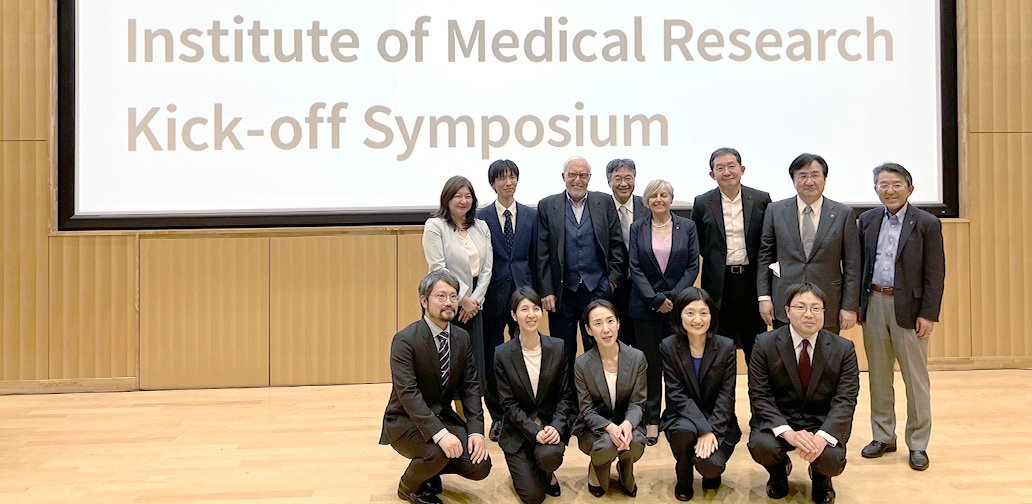Tohoku University held a kickoff symposium on May 26 for its new SiRIUS Institute of Medical Research, unveiling an ambitious 25-year transformation plan to revolutionise how physician-scientists conduct translational research.
The institute's approach allows promising physician-scientists to dedicate themselves entirely to research during six-year terms, freed from clinical and teaching duties. This environment aims to accelerate the translation of innovative research into practical applications through collaboration with Tohoku University Hospital's clinical departments.
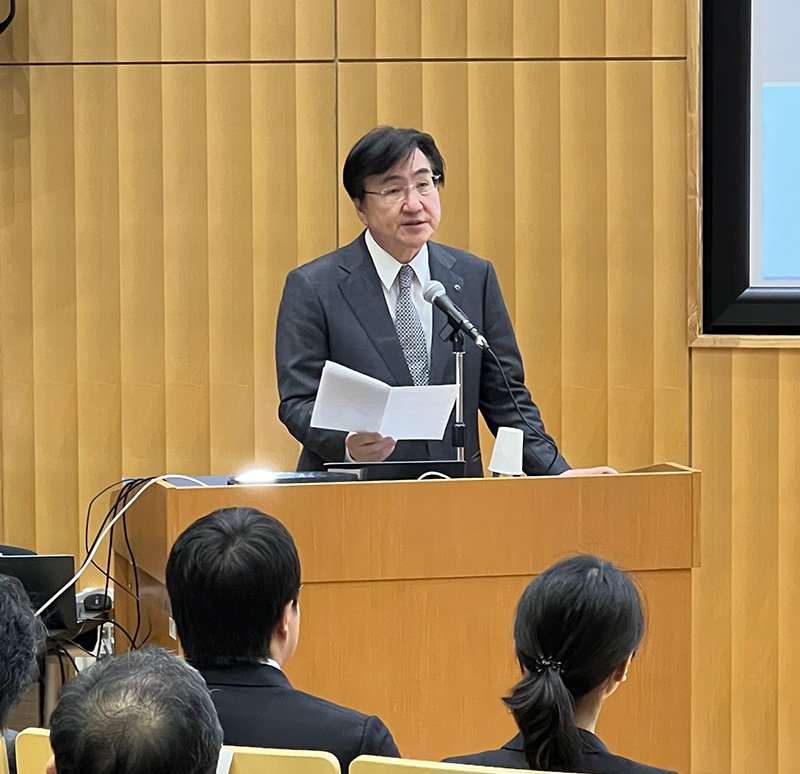
University President Teiji Tominaga emphasised the institute's transformative potential in his opening remarks. "SiRIUS marks an important step in the university's pursuit of excellence in medical science, and an important milestone in our ongoing commitment to advance cutting-edge research that makes a positive social impact."
Two keynote speeches outlined the university's international vision, positioning SiRIUS for global collaboration.
"Comprehensive internationalisation is a strategic framework that orients the university globally," said Tohoku University's Vice President and Chief Global Officer Marie-Pierre Favre. "Whatever you do, wherever you go, you will interact with international stakeholders, patients, customers, colleagues and partners."
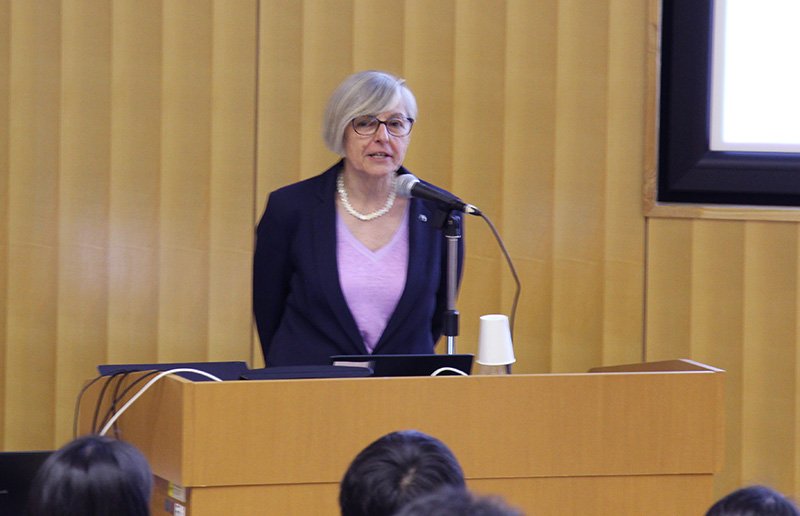
Favre identified three driving forces behind internationalisation: academic (worldwide scope of education and research), economic (new revenue sources) and political (enhanced national standing). "We need to enhance the university's reputation and develop sustainable attractiveness," she said. "Cultural diversity brings complexity, but it's also richness. To act locally in a relevant way, you need to understand the global picture."
Her strategy focuses on expanding Tohoku University's global network, enhancing strategic partnerships and internationalising the campus. "It means bilingualism, but it's not only about language - it's about empathy, culture and sharing perspectives."
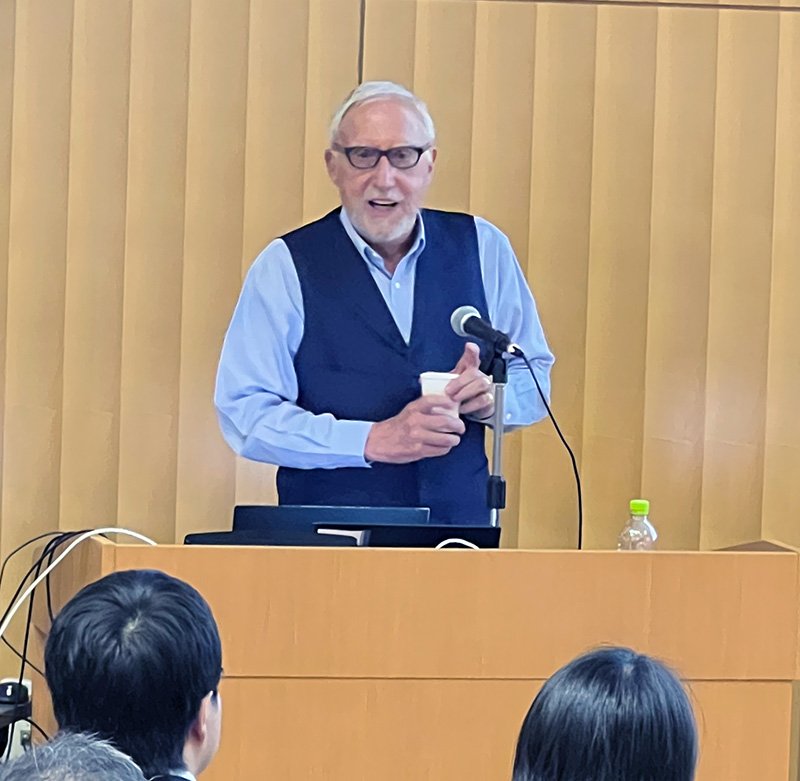
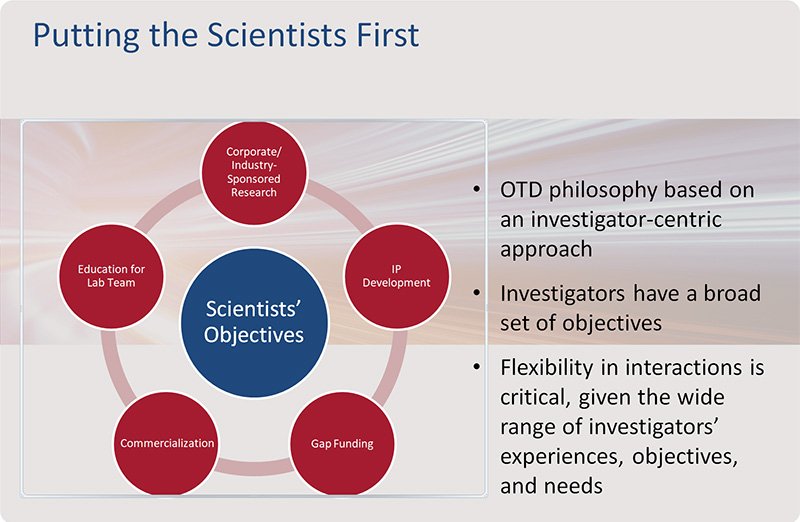
Isaac Kohlberg, Vice Provost at Harvard University and a special adviser to SiRIUS, then shared Harvard's model for bringing innovation to impact.
Over the past four years, he said, Harvard has launched 82 startups and generated over $400 million in commercialisation revenues, with 35% shared directly with inventors to incentivise academic entrepreneurship. "It is this conversion of basic academic research into products and services that advances society around the world."
Kohlberg also stressed the importance of always putting scientists first and operating with entrepreneurial urgency. "This requires significant efforts to educate young innovators in technology development, business development, intellectual property, and in startup formation. And I know that SiRIUS is committed to providing young researchers with these resources, support and mentoring."
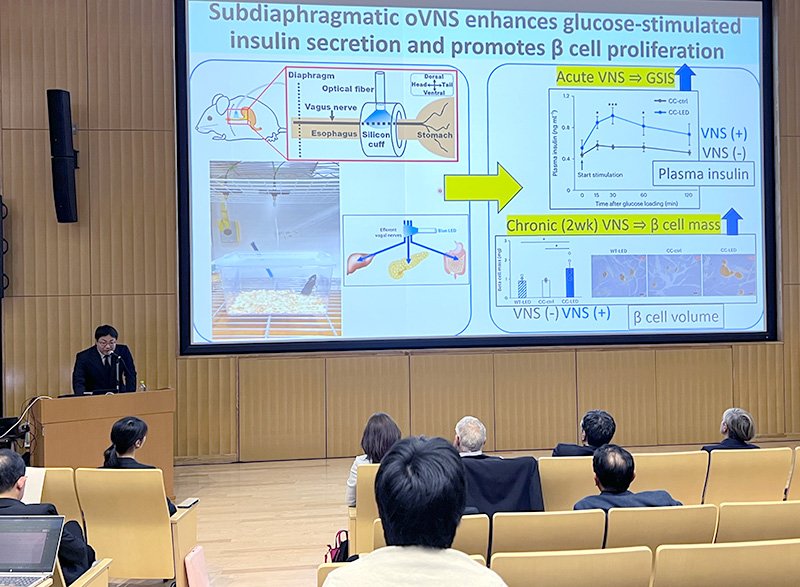
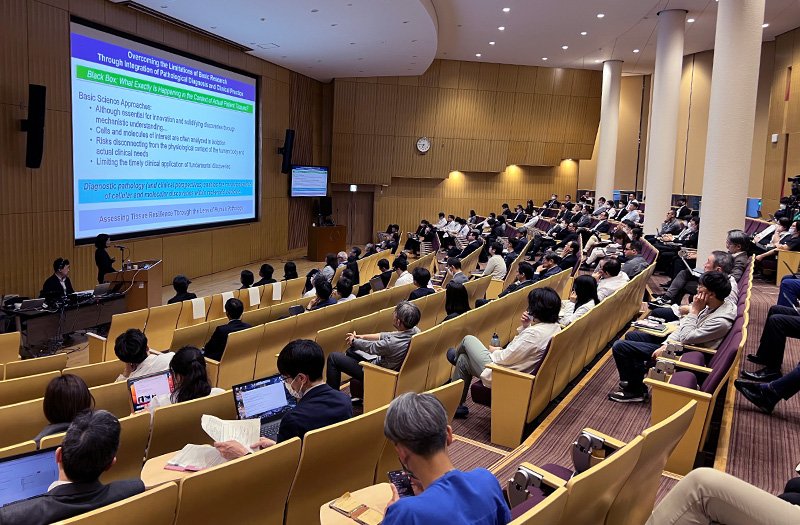
The symposium then showcased five young principal investigators, whose work represents the diverse medical research areas at SiRIUS:
- Yoshiko Ikushima, who is working on bone marrow adipose tissue (BMAT) to develop novel therapeutic strategies for haematopoietic and metabolic diseases.
- Yohei Kawana, who is focusing on brain-pancreas neural networks to create innovative diabetes treatments, particularly exploring vagal nerve systems.
- Risa Shibuya, who is pioneering research into tRNA modifications in non-small cell lung cancer for personalised therapies.
- Yuki Muroyama, who is developing novel diagnostic pathology approaches by integrating tissue resilience profiling for personalised medicine.
- Yoichi Wada, who is working on testing and therapeutic approaches for inborn errors of metabolism.
The evening concluded with SiRIUS Deputy Director Toshio Miyata outlining the institute's trajectory, noting the crucial shift from traditional basic science to human-focused translational medicine.
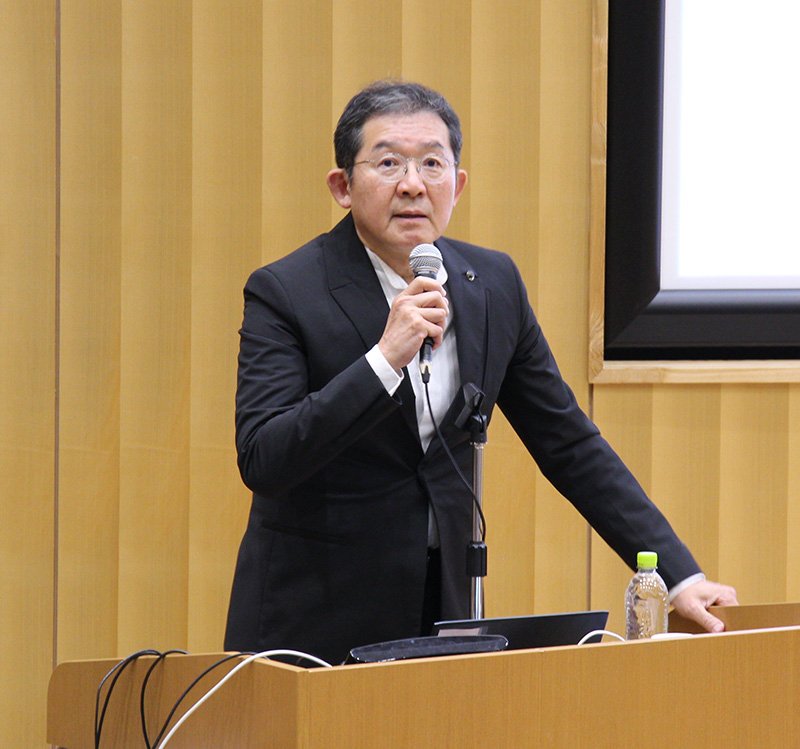
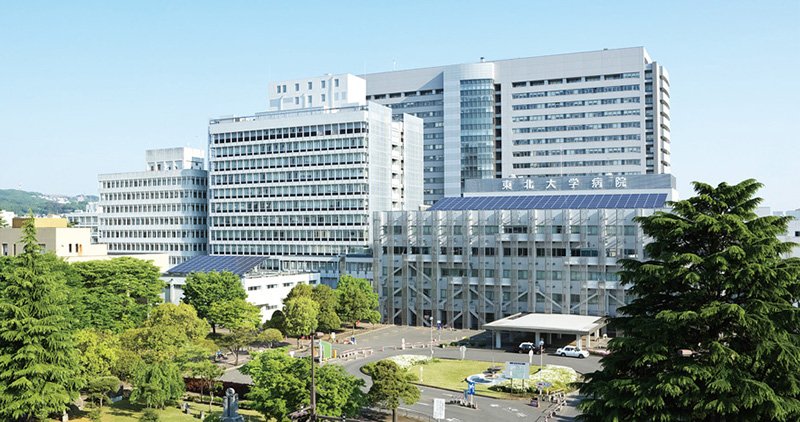
"Traditional vertical systems cannot adequately teach the important steps for medical translation - intellectual property management, fundraising and startup development," he said. "Young physician-scientists need new mentors."
In line with Tohoku University's bold new strategies since being named Japan's first University for International Research Excellence, SiRIUS plans to expand from five to approximately 30 investigators within the next five years, with regular international recruitment calls.
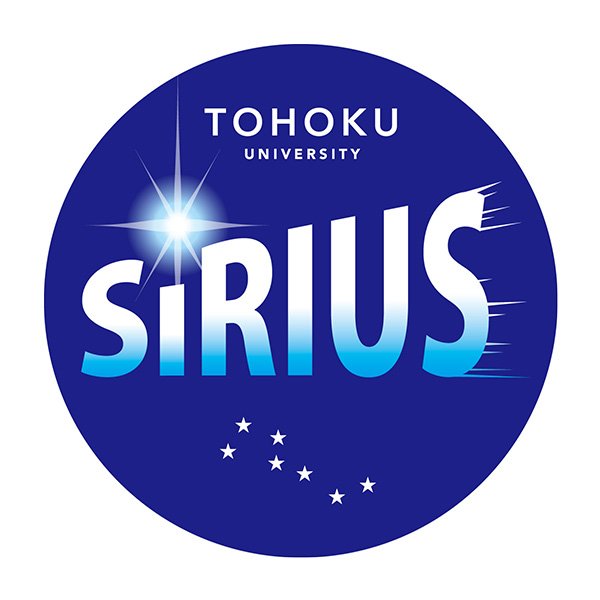
"Sirius is the name of the brightest star in the night sky," said Director Hideki Katagiri. "We named our institute and designed this logo hoping that young first-magnitude scientists will gather here, pursue their research and ultimately become the brightest stars in their respective clinical fields."
For more information about SiRIUS, including employment opportunities, please visit:
https://www.sirius.tohoku.ac.jp/en/
Contact:
Tohoku University Graduate School of Medicine
Public Relations Office
Tel: 022-717-8032
Email: press.med grp.tohoku.ac.jp
grp.tohoku.ac.jp
SiRIUS Institute of Medical Research
Tel: 022-717-7145
Email: hosp-sirius grp.tohoku.ac.jp
grp.tohoku.ac.jp

